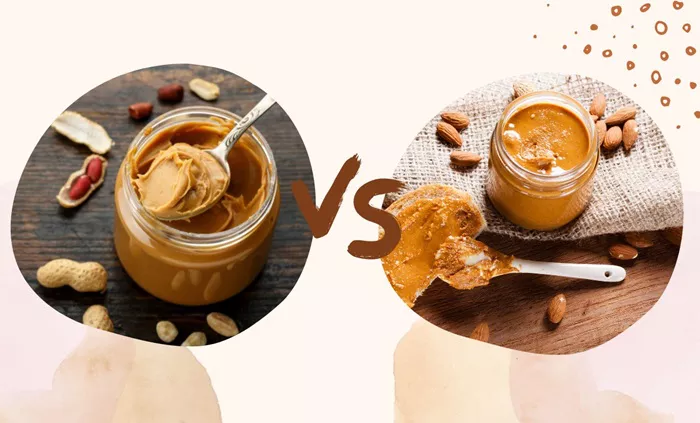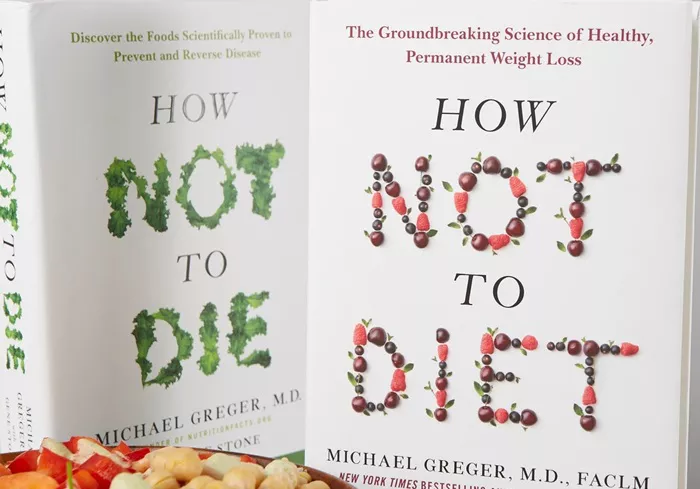Nut butter has become a staple in many kitchens, with peanut butter long reigning as a favorite and almond butter rising in popularity. Both options offer solid nutritional value, but which one is better for you? Dietitians weigh in on the nutritional showdown between almond and peanut butter to help you decide which one fits your health goals best.
Comparing the Nutrition Profiles of Almond Butter and Peanut Butter
According to the USDA, two tablespoons of almond butter contains about 201 calories, 7 grams of protein, 17.5 grams of fat (1.4 grams of saturated fat), and 3 grams of fiber, with notable nutrients like magnesium, potassium, zinc, calcium, iron, and vitamin E. Meanwhile, peanut butter has around 196 calories, 8 grams of protein, 16 grams of fat (2.8 grams of saturated fat), and 2 grams of fiber, with significant levels of magnesium, potassium, zinc, selenium, vitamin B6, folate, and biotin.
While both butters have similar calorie counts and protein, they differ slightly in other nutrients. “Almond butter provides more calcium, iron, vitamin E, magnesium, and potassium,” notes nutritionist Nichole Dandrea-Russert, R.D.N. “On the other hand, peanut butter has a higher concentration of selenium, vitamin B6, folate, and biotin, nutrients that contribute to immune support and metabolism.”
These differences arise partly due to how peanuts and almonds grow. “Peanuts are legumes and grow underground, while almonds grow on trees,” explains Laura Iu, R.D., C.D.N. “Tree-grown foods, like almonds, are rich in healthy fats and minerals, while underground crops, like peanuts, often contain higher protein and fiber.”
Nutritional Comparison Breakdown
- Calories: Both nut butters have nearly identical calories, with around 190 calories per two-tablespoon serving, though variations exist among brands with added oils or sugars. Winner: Tied.
- Protein: Peanut butter has a slight edge in protein content, offering about 8 grams per serving compared to almond butter’s 7 grams. Winner: Peanut butter.
- Fat and Cholesterol: Almond butter contains slightly more heart-healthy monounsaturated fats, while peanut butter has a bit more saturated fat. Additionally, almond butter is slightly higher in omega-3 fatty acids, beneficial for brain and heart health. Both are naturally cholesterol-free. Winner: Almond butter for healthy fats, tied for cholesterol.
- Sugar: Both contain roughly 2 grams of natural sugar per serving, making them low-sugar options, especially if you choose varieties without added sugars. Winner: Tied.
- Fiber: Almond butter outperforms peanut butter in fiber content, with 3 grams per serving versus 2 grams in peanut butter. Winner: Almond butter.
Is Almond Butter Healthier Than Peanut Butter?
Despite almond butter’s “health halo,” both butters provide distinct advantages. For example, almond butter’s higher calcium and vitamin E make it beneficial for bone and skin health, while peanut butter’s biotin and B vitamins help boost energy and metabolism. “The choice depends on your nutritional needs,” says Dandrea-Russert, emphasizing that both make excellent snacks thanks to their balanced macronutrient profile.
In some cases, a mix of both might be ideal. “To strengthen hair, you could combine almond butter’s iron and vitamin E with peanut butter’s biotin and selenium,” she suggests. Ultimately, both nut butters contribute essential nutrients that support overall health, making them valuable additions to a balanced diet.
Tips for Choosing and Enjoying Nut Butter
Dietitians recommend checking labels for added sugars and oils; ideally, your nut butter should contain only nuts (and salt, if desired). When it comes to choosing, enjoy what you like best, says dietitian Marissa Meshulam, R.D. “When we savor our food, we’re more satisfied and tuned in to our body’s needs.”
Creative Ways to Enjoy Almond or Peanut Butter
Expand beyond the usual sandwich with these dietitian-approved ideas:
- Spread nut butter on apple slices or celery.
- Stir into oatmeal or yogurt for a protein- and fiber-rich breakfast.
- Blend into smoothies or drizzle on smoothie bowls for added flavor and nutrients.
- Stuff dates with banana and nut butter for a delicious snack.
- Make a nut butter sauce with garlic, ginger, coconut aminos, and chili paste for stir-fries or noodles.
Conclusion
Each nut butter offers unique health benefits. Almond butter has more calcium and healthy fats, while peanut butter packs more protein and B vitamins. Both contribute to a balanced diet, so switching between them—or even trying other options like walnut or cashew butter—ensures a nutrient-rich variety.
Related Topics
Study Reveals Simple Trick to Enhance Health Benefits of Daily Walks
Essential Dietary Supplements for Sleep, Bone Health, and Overall Well-Being



































